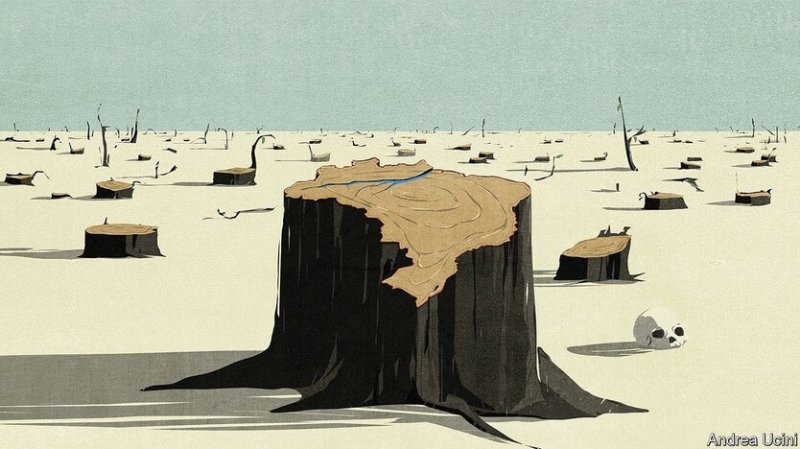Meet the European Union’s Farm to Fork Strategy. Considered the EU’s Green New Deal, the strategy’s goal is to make the continent carbon neutral by 2050. The plan comes with lofty goals, including the reduction of pesticide use by 50 percent and of fertilizer use by 20 percent. It also calls for farmers to remove 10 percent of farmland out of production, and transition a quarter of fields to organic production.
Farm to Fork’s goals all lead to one thing: lower food production. Based on its own analysis, the U.S. Department of Agriculture’s Economic Research Service believes the strategy will reduce European agricultural production between 7 and 12 percent. There’s no question cutting inputs decreases yields, as does organic agriculture.
And that’s the grand irony of Farm to Fork: It’s just a sleight of hand. The EU isn’t actually going carbon neutral; it’s just exporting its carbon emissions to other parts of the world. Unfortunately, that likely means we’ll continue to lose rainforests, despite the fact that they play such a pivotal role in regulating Earth’s climate.
…
But as long as environmental activists continue to fight against productional advancements, we’ll see additional environmental degradation. It’s time to abandon those backward perspectives and start looking to a more sustainable future.































